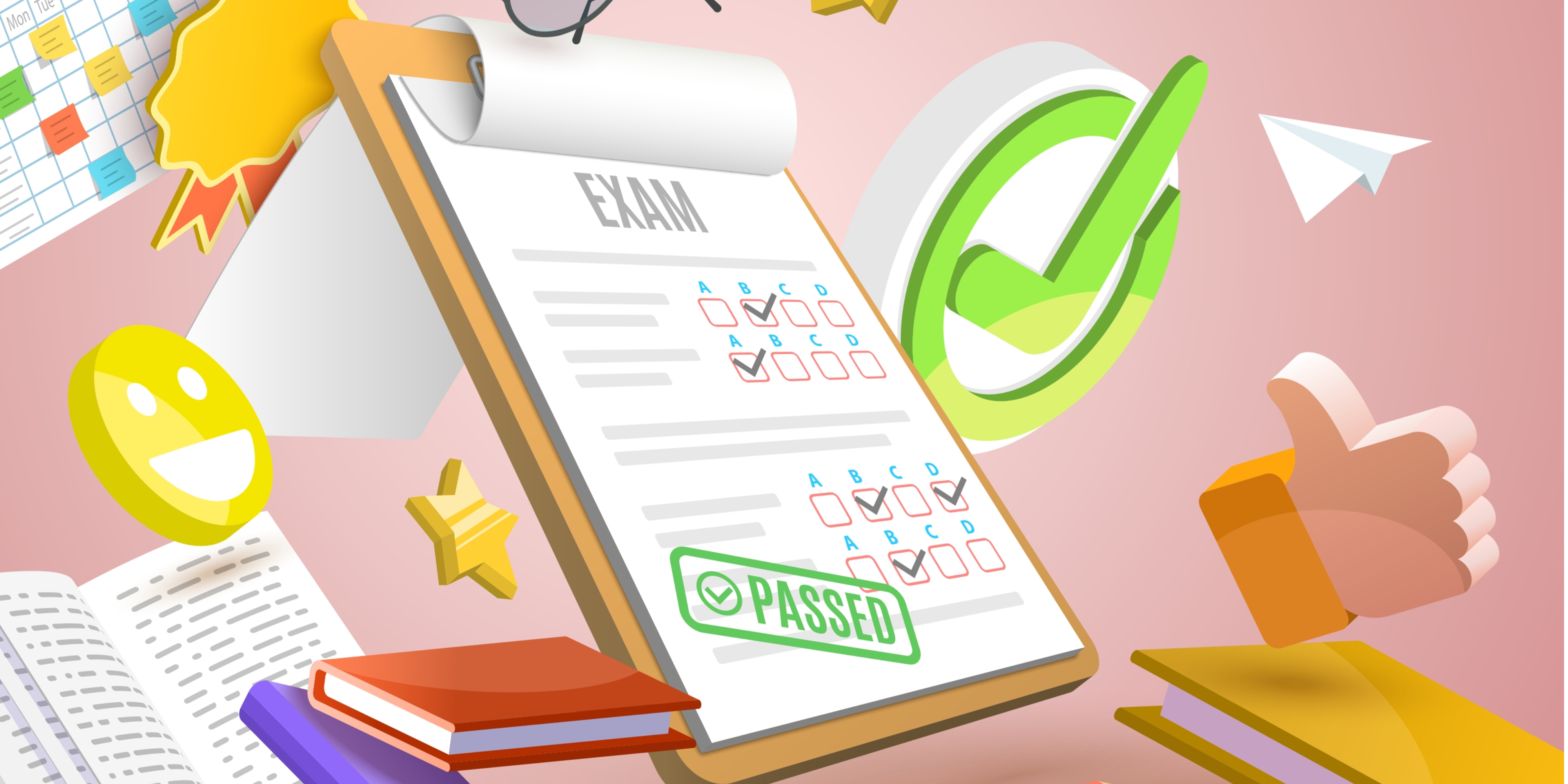Assessment is an essential tool for teachers, students, and parents to raise learning standards across the educational community. It plays a prominent role in learning and teaching processes. It is an integral part of today’s education system and integrates students’ grading, learning, and motivation.
Assessment acts as a mirror for understanding student learning, identifying invisible barriers, and helps in improving teachers’ approaches. In addition, this assessment reflects how well teachers have organized classroom instruction and how far learners have progressed in their learning.
Assessment is generally divided into three types:
- Assessment for learning
- Assessment of learning and
- Assessment as learning.
Assessment is more than just grading. Well-designed assessment methods serve as an individual evaluation system to measure and compare student learning performance or progress.
It helps determine how students will approach the learning task and what study behaviors they will use. They tell us what students learned, how well they learned, and where they struggled.
Purpose of Assessment
There are several purposes of assessment that evaluate the performance and growth of teachers’ teaching and students’ learning development.
The assessment identifies the learning gaps: The essential purpose of assessment is to identify students’ learning gaps and determine the remedial measures to reduce the gaps and improve their learning.
Assessment gathers information: The assessment help collect relevant information and data about student performance and progress or determines student interests to make judgments about their learning process.
Assessment drives instructions: Assessment informs instructors what students know, do not know and what needs to know about a course. The gathered information through an assessment help highlight the aperture between existing knowledge and desired outcome. Assessment shoves instruction by stressing the importance of critical thinking, reflection, and reasoning, thus creating a quality learning environment. Also, it may use several techniques to assess student learning outcomes.
Assessment drives learning: Assessment practices help students understand what to study, how to learn, and the relative time spent on concepts and skills in a course.
Assessment informs students of their progress: Assessment helps monitor students’ progress and enforces the assessment triangle. A practical assessment provides students with a sense of what they know and don’t know about a particular subject. If performed well, the feedback provided to students will indicate how to improve their performance.
Assessment informs teaching practice: Reflection on student accomplishments offers instructors insights on the effectiveness of their teaching strategies. By systematically gathering, analyzing, and interpreting evidence, we can determine how well student learning matches our outcomes/expectations for a lesson, unit, or course. The knowledge from feedback indicates to the instructor how to improve instruction, where to strengthen teaching, and what areas are well understood and therefore may be cut back in future courses.
Benefits of Assessment
Well-designed assessments have numerous benefits. It can benefit the students and the teachers in several ways.
Develops Learning Skills
One of the most significant advantages of the assessment is that it improves the learning skills of an individual with its innumerable process of execution, planning, data analysis, and many more. In addition, students can enhance their learning skills by associating them with the best learning methods.
Increases Student Engagement
The assessment concedes the student to become more engaged and active in their learning process. It connects the students with real-life problems and provides numerous ways to find a solution to that specific problem. This helps the students to engage more. Well-designed assessment can encourage active learning, especially when the assessment delivery is innovative and engaging.
Encourages Academic Achievement
The assessment brings positivity and glory inside the learner’s mind and body. In addition, it helps in developing several skills by implementing various learning techniques. It demonstrates the student’s understanding of the subject matter. It is critical to evaluate whether the educational standards and goals of the lessons are being met.
Develops Self-Learning Skills
Self-learning is a process of learning by self with the invention of one’s perspective methods. It helps in developing decision-making skills. For example, students can determine whether or not they understand the course material when they can see how they are performing in a classroom session.
Improves Objectives and Goals
Every student must have a set of objectives and goals that help them reach the level of success. The objectives and goals will also encourage them to learn more. Assessment can also motivate students. If they know what they are doing poorly, they may begin to work harder.
Just as assessment helps students, the assessment allows teachers. Frequent assessment will enable teachers to see if their teaching has been effective. The assessment also allows teachers to ensure students learn what they need to know to meet the course’s learning objectives. Once teachers recognize what students need to be successful, they can create a rigorous learning environment to challenge every student to grow.


